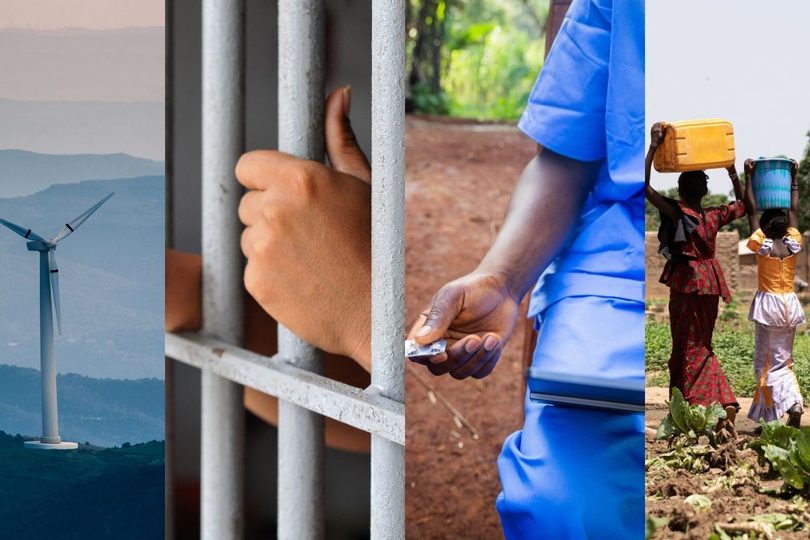
The new programmes bring Oxford researchers together with global partners to tackle some of the world’s most pressing issues, from the health impacts of climate change on children to equitable medicine access, technological change, and criminal justice reform.
The successful four were chosen from more than 60 ideas put forward by researchers across the University of Oxford. Each was selected not just for academic excellence but for its potential for real-world impact — hallmarks of the School’s approach since it was founded two decades ago.
The School backs high-risk, high-reward research, and provides the opportunity for academics to work across departments and disciplines to tackle challenges that no single field of expertise can solve. These four new programmes exemplify that mission:
The Oxford Martin Programme on Climate and Child Health takes an innovative approach by linking climate science directly with child health and wellbeing. The programme is a partnership between the Oxford Martin School and Oxford Global Health, working with UNICEF, the World Health Organization, the World Food Programme and the World Meteorological Organization, and brings together researchers to examine how droughts, floods and heatwaves affect children’s lives and futures. By connecting climate forecasts with health outcomes, it will inform policies, disaster planning and frontline responses — helping ensure children and adolescents are protected as the climate crisis deepens.
The Oxford Martin Programme on Equitable Allocation of Medicines addresses the urgent challenge of medicine shortages in low- and middle-income countries. Working with the World Health Organization, the Clinton Health Access Initiative, and partners in Zimbabwe, the programme will develop a digital tool that uses real-time data and AI-powered forecasting to improve the distribution of essential medicines. While the programme focuses on mind and brain health, the system is designed to be flexible and scalable, with the potential to improve healthcare access for millions across different conditions and regions.
The Oxford Martin Programme on Forecasting Technological Change will shed light on one of the biggest drivers of social and economic transformation. By collecting and analysing data on the development and diffusion of technologies such as renewable energy and artificial intelligence, the programme aims to answer critical questions: which technologies will advance most rapidly, where risks may emerge, and how quickly new tools will spread. Supported by Our World in Data, it will provide policymakers and investors with evidence to guide smarter decisions on climate action, automation and beyond.
The Oxford Martin Programme on Decarceration seeks safer, fairer and more effective alternatives to imprisonment. With incarceration rates at record highs worldwide, including overcrowded prisons in England and Wales, the programme will bring together experts in psychiatry, criminology, law, economics and philosophy. Its aim is to evaluate alternatives such as community sentences, improve decision-making tools, and build evidence to guide sentencing policy. By working with policymakers and people with lived experience of the prison system, it will help shape approaches to justice that enhance public safety and community wellbeing.
As the Oxford Martin School marks 20 years since its founding, these new programmes underline its continuing commitment to shaping solutions for the decades ahead. By investing in bold, interdisciplinary research, the School is carrying forward its founding vision of tackling both the challenges and opportunities of a rapidly changing world.